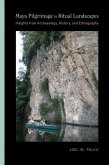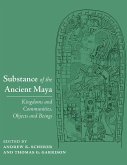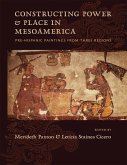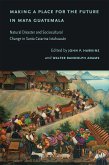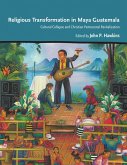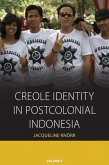This book offers a new account of human interaction and culture change for Mesoamerica that connects the present to the past. Social histories that assess the cultural upheavals between the Spanish invasion of Mesoamerica and the ethnographic present overlook the archaeological record, with its unique capacity to link local practices to global processes. To fill this gap, the authors weigh the material manifestations of the colonial and postcolonial trajectory in light of local, regional, and global historical processes that have unfolded over the last five hundred years.
Research on a suite of issues-economic history, production of commodities, agrarian change, resistance, religious shifts, and sociocultural identity-demonstrates that the often shocking patterns observed today are historically contingent and culturally mediated, and therefore explainable. This book belongs to a new wave of scholarship that renders the past immediately relevant to the present, which Alexander and Kepecs see as one of archaeology's most crucial goals.
Research on a suite of issues-economic history, production of commodities, agrarian change, resistance, religious shifts, and sociocultural identity-demonstrates that the often shocking patterns observed today are historically contingent and culturally mediated, and therefore explainable. This book belongs to a new wave of scholarship that renders the past immediately relevant to the present, which Alexander and Kepecs see as one of archaeology's most crucial goals.
Dieser Download kann aus rechtlichen Gründen nur mit Rechnungsadresse in A, D ausgeliefert werden.



